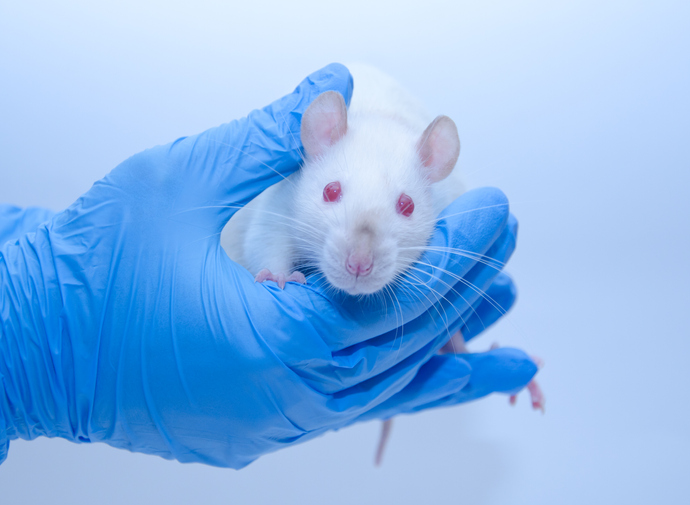The new research was published in the journal Psychopharmacology. It was the work of a group of researchers associated with the Designer Drug Research Unit, National Institute On Drug Abuse Intramural Research Program, which is part of the National Institutes of Health.
The researchers noted that structural analogs of phenethylamine have been found in dietary supplements for a number of years. The similarity of these chemicals to amphetamine is a cause of concern from an abuse perspective, the researchers said.
Despite regulatory ruling, BMPEA still on market
They can also pose other health risks, including a link to cardiovascular complications such as hemorrhagic stroke in the case of β-methylphenethylamine (BMPEA). FDA ruled in 2015 that BMPEA, which had been sold most prominently by Hi Tech Pharmaceuticals, did not meet the definition of a dietary ingredient. Yet, the authors said, it can still be found for sale. Hi Tech itself, which was one of five companies that received a warning letter at that time about the sale of the ingredient, appears to still sell it, or at least analogs that are very similar, judging by the names used on the labels. The company now claims these are constituents of Senegalia berlandieri, whereas in 2015 BMPEA was claimed to be derived from Acacia rigidula.
The researchers said two other similar synthetic analogs α-ethylphenethylamine (AEPEA) and N,α-diethylphenethylamine (DEPEA), can be found for sale, too.
The authors noted that these chemicals are about 10 times less potent than straight amphetamine, to which they bear a structural resemblance. Nevertheless, they said they still could pose abuse risks when used casually.
